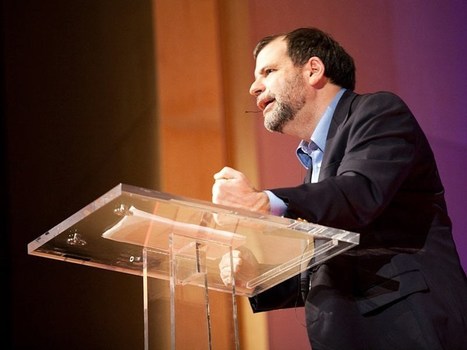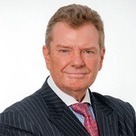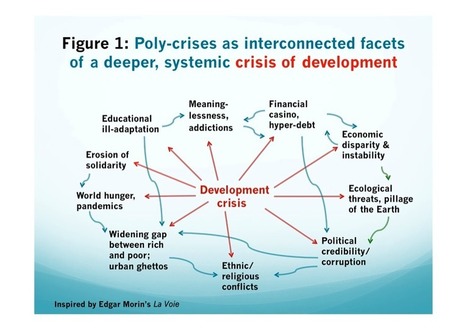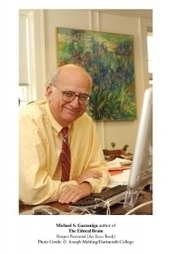Intuition is challenging to define, despite the huge role it plays in our everyday lives. Steve Jobs called it, for instance, "more powerful than intellect." But however we put it into words, we all, well, intuitively know just what it is. Pretty much everyone has experienced a gut feeling -- that unconscious reasoning that propels us to do something without telling us why or how. But the nature of intuition has long eluded us, and has inspired centuries' worth of research and inquiry in the fields of philosophy and psychology. "I define intuition as the subtle knowing without ever having any idea why you know it," Sophy Burnham, bestselling author of The Art of Intuition, tells The Huffington Post. "It's different from thinking, it's different from logic or analysis ... It's a knowing without knowing."
Our intuition is always there, whether we're aware of it or not. As HuffPost President and Editor-in-Chief Arianna Huffington puts it in her book Thrive:
Even when we're not at a fork in the road, wondering what to do and trying to hear that inner voice, our intuition is always there, always reading the situation, always trying to steer us the right way. But can we hear it? Are we paying attention? Are we living a life that keeps the pathway to our intuition unblocked? Feeding and nurturing our intuition, and living a life in which we can make use of its wisdom, is one key way to thrive, at work and in life.......
Via
Philippe Vallat,
Thomas Menk



 Your new post is loading...
Your new post is loading...















About stories, mental laziness, cognitive biases, manipulation